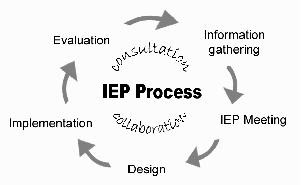Children with Autism Spectrum Disorder and Coping with "Transitions" at School

"According to the teacher, my child with Autism [level 1] tends to have a difficult time moving from one activity to the next (for example, from writing skills to Math problems to recreation time). Do you have any suggestions as to how his teacher can make these transitions less stressful for him?" Transitions are very difficult for children with ASD. It is an interruption to their day and a change in their schedule. In order to minimize difficulty in transition, try to keep their schedule as routine as possible (e.g., doing 'writing' exercises first, solving 'Math' problems second, and 'reading' third ...in this order every time). And always let you son know ahead of time that a transition in routine is coming. Using sensory integration techniques can be very helpful for some autistic children. It is best to have an occupational therapist work with you to first determine if your child is hyper-sensitive or hypo-sensitive. For example, does h






